
Human Body
-
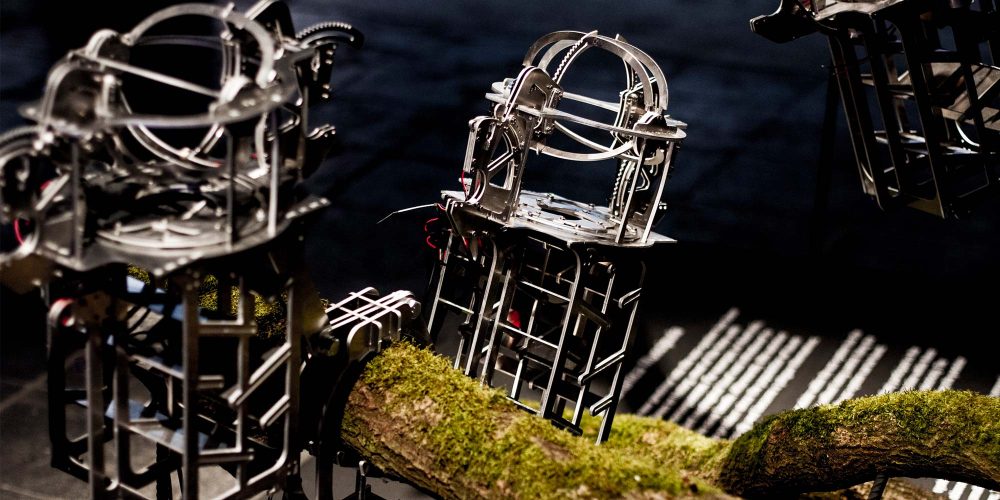
Strolling Between the Disciplines
The JKU campus as a place of encounter and as a place for projects that can only be discovered by strolling through the park and looking attentively into the air. JKU LIT @ Ars Electronica as well as the Garden Exhibition in Kepler’s Garden on the JKU Campus feature playful projects that combine various disciplines.
-
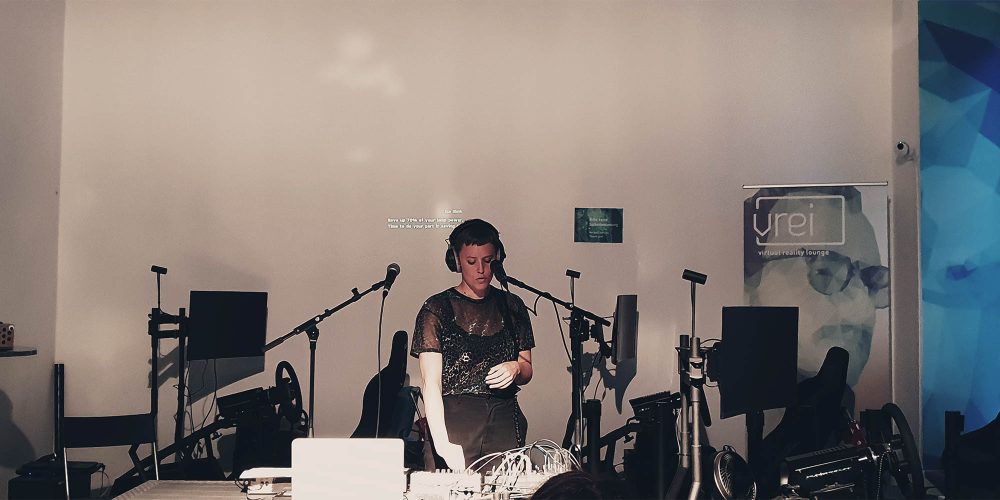
Tattoo Sensors and Code Poems – Future of Sanity?
The Ö1 project “Repairing the Future” raises questions such as: Can we rethink and redesign the future with our innovative ideas? And can we use these ideas to bring new concepts to life that do not exist yet? Definitely!
-
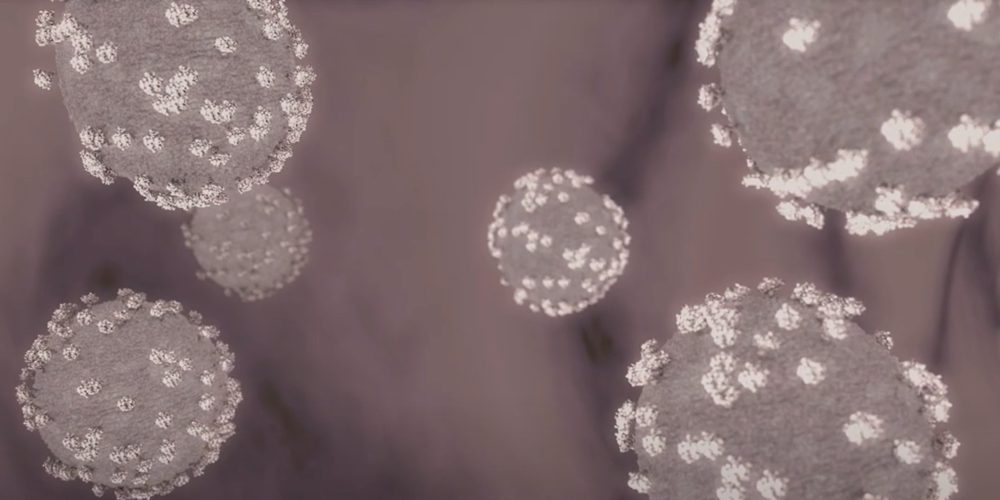
How AI, Big Data and Machine Learning can also be used against the Corona virus
There are countless examples where AI is currently being used in the fight against the Corona virus and many companies, scientists and artists are working on similar plans. We exemplary present you some of these projects.
-

How AI, Big Data and Machine Learning can be used against the Corona virus
We looked at several examples of how Artificial Intelligence, Big Data or Machine Learning are used in the containment of the coronavirus, and the problems, opportunities and challenges they present.
-
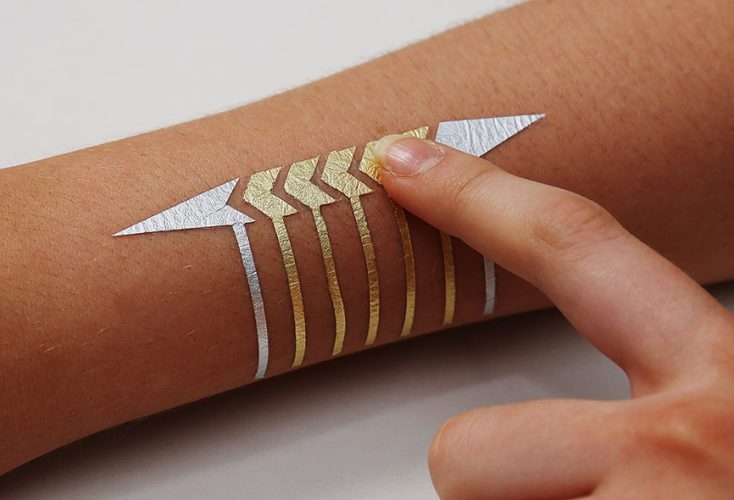
DuoSkin: Like a Second Skin
Nice metallic tattoo or modern on skin interface? Based on the aesthetics of temporary skin jewelry on skin, DuoSkin creates devices that allow users to control their mobile devices or display and store information on their skin. The project is currently part of Ars Electronica’s “human (un)limited” exhibition in Beijing.
-
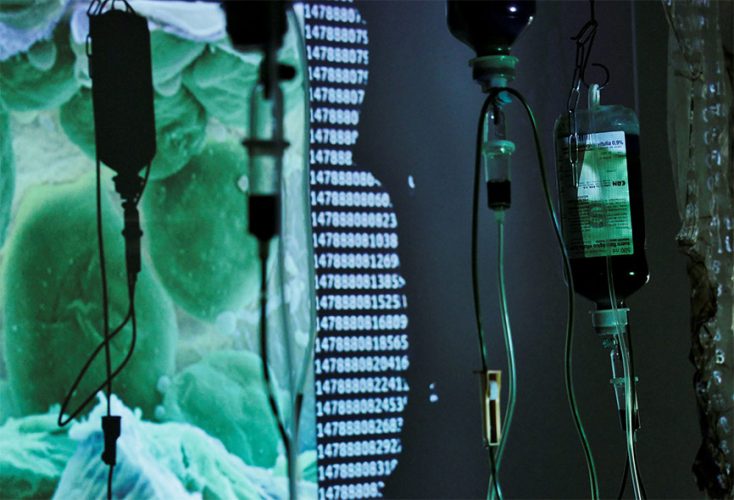
Trans*Plant: May the Chlorophyll be with/in you
In the course of history, especially in Western culture, human has moved further and further away from nature. In language, too, there is a demarcation to the environment, although human as a living being is actually part of it. With their project “Trans*Plant”, the artist group Quimera Rosa wants to draw attention to this strange…
-
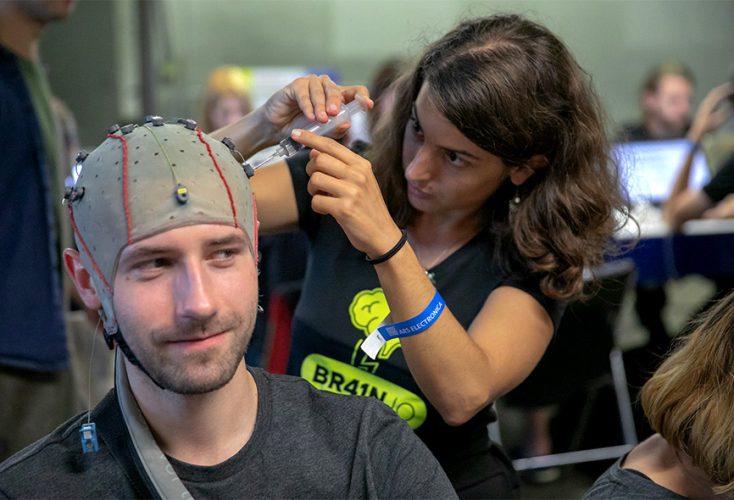
BR41N.IO Hackathon for Creative Minds: The Direct Wire to the Brain
Connecting the human brain with the specially developed controller – from September 7 to 8, this will become reality for several teams at the Ars Electronica Festival 2019 in POSTCITY Linz. Whether controlling drones by thought or mixing the right cocktail by brain activity, you can now get your place for brainstorming and developing software…
-

Human Limitations – Limited Humanity: The Possibility of Going Beyond Borders
At the 2019 Ars Electronica Festival, artists from all over the world fill the POSTCITY bunker with media art. This year’s projects will be exploring the question of human limitations with different approaches.
-
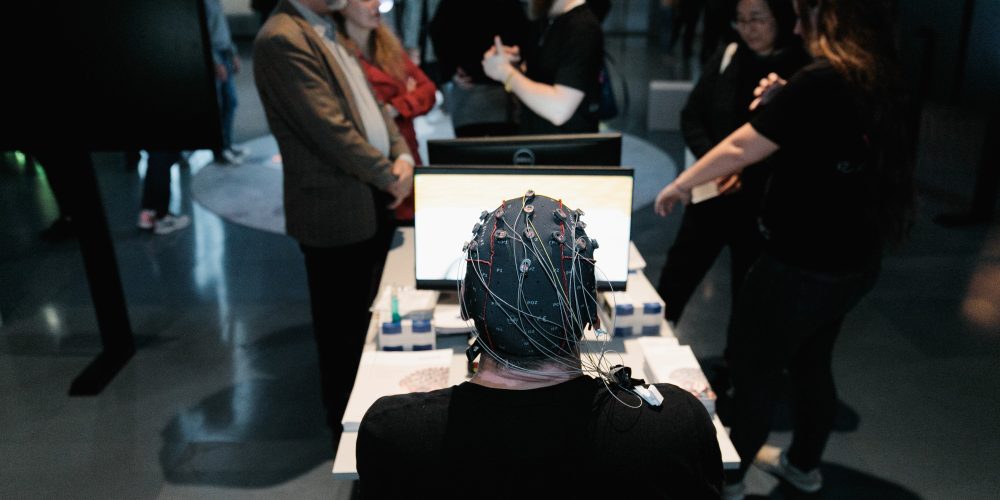
The power of thought: Interview with Christoph Guger
With an EEG hood on your head, a BCI, you can control a drone, drive an excavator or operate a fire engine. Or the system can be used for the rehabilitation of stroke patients and for working with coma patients, as Christoph Guger, founder and managing director of g.tec, explains.
-
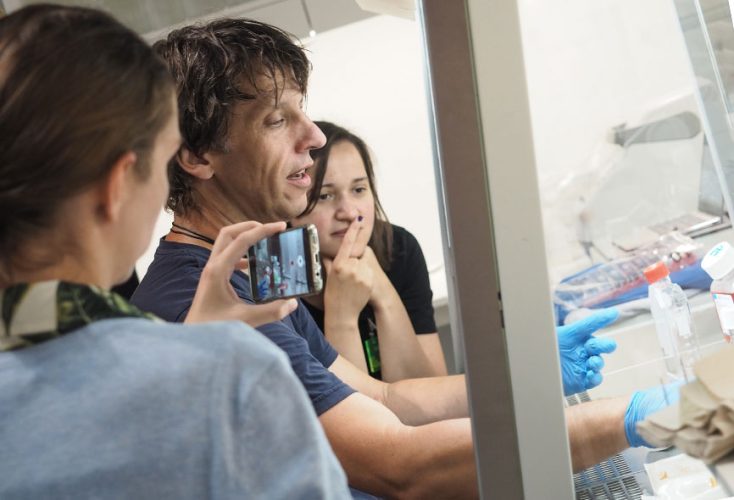
“Humans can determine their own evolution”
With innovative tools such as CRISPR/Cas9, humans can dive deeper into the development of life ever before and change it according to their own ideas. Manuel Selg from FH OÖ Campus Wels will talk about what this is all about and what has happened since the first BioLab was set up at the Ars Electronica…
-
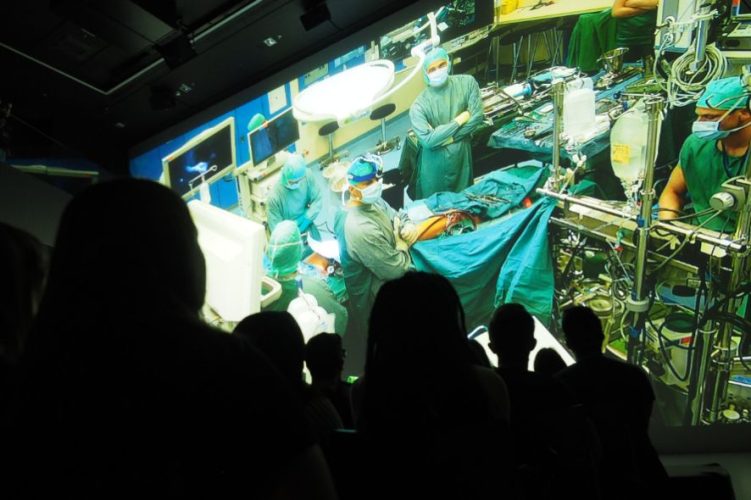
Live Heart Surgery at Deep Space 8K
Mehr als 100 Besucherinnen und Besucher waren am 4. April im Deep Space des Ars Electronica Center mit dabei und konnten eine Herz-OP im Kepler Universitätsklinikum live mitverfolgen.
-
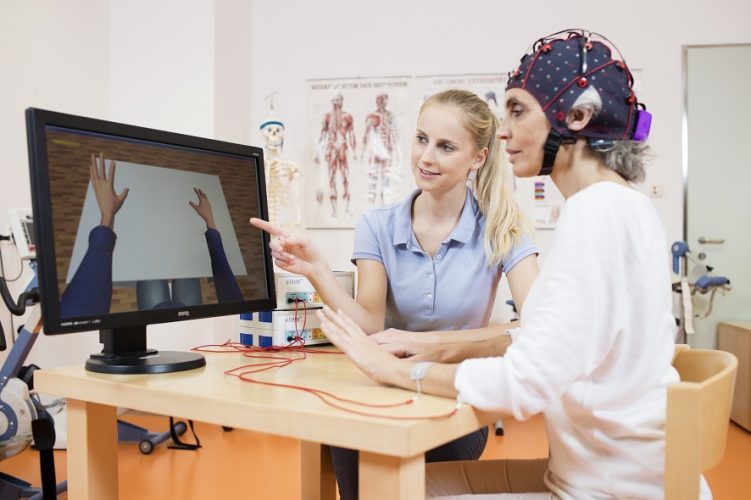
Innovative Help after a Stroke: Bugfix the Brain
Therapy that makes progress even years after a stroke, improved motor functions, and high-tech aids for everyday life—an Upper Austrian firm named g.tec makes it happen. To find out why g.tec’s technologies produce such impressive results and how to try them out at the Ars Electronica Festival September 6-10, 2018, read this interview!
-
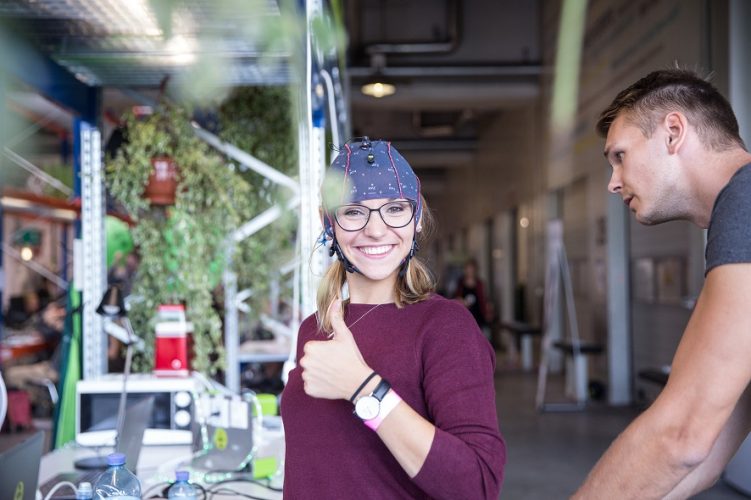
BR41N.IO Hackathon: Eat, Sleep, Hack, Repeat!
24 hours—that’s all the time allotted to hackers and artists for the completion of their brain-computer interface projects during the BR41N.I0 Hackathon September 8-9, 2018 at the Ars Electronica Festival. To find out what awaits you at this year’s Hackathon set amidst a media art conclave, read on.
-
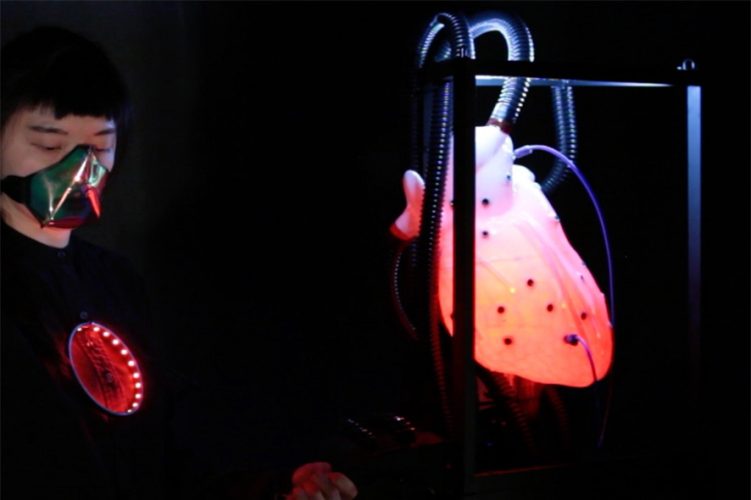
STEAM Imaging: When Art, Science and the Next Generation Converge
Bringing together scientists, school kids and an artist, transcending the boundaries of individual disciplines, discovering flexible forms of learning and collaboration, and imparting skills to work effectively with new technologies were the objectives of the artist-in-residence project entitled STEAM [science, technology, engineering, art, mathematics] Imaging. Bianka Hofmann, head of corporate communication at the Fraunhofer Institute…
-
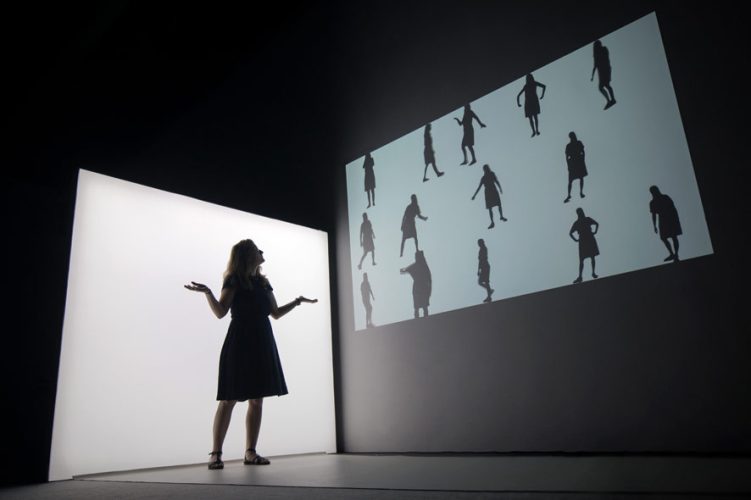
Gestures: When Humans Reach out to Machines
An interactive exhibition at the Saxon Museum of Industry entitled “Gestures – Yesterday, Today and the Day after Tomorrow”—the outgrowth of a joint research project by the Technical University of Chemnitz (Germany) and the Ars Electronica Futurelab—is a new encounter with the history of human-machine interaction.
-
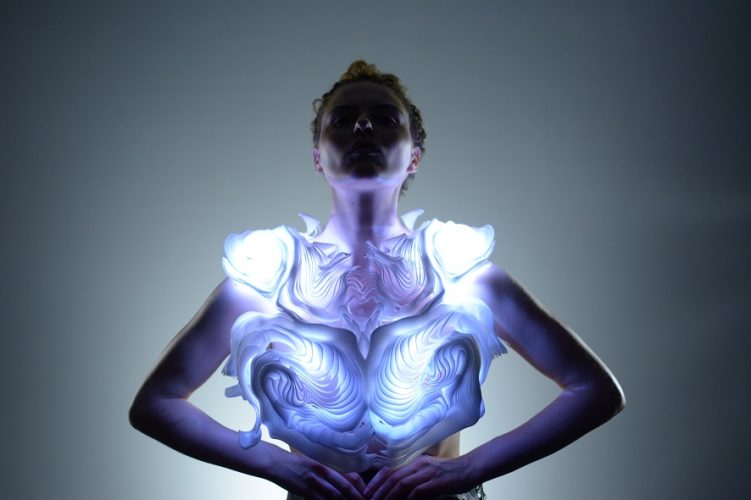
The Essence of Human, Machine and Data: POINT ZERO
POINT ZERO, the exhibition elaborating on the Ars Electronica Festival’s theme, “Artificial Intelligence – The Other I,” (September 7-11, 2017) takes on big questions. What is the essence of a human being? Of a machine? Or, for that matter, of data? We sat down for a chat with Ars Electronica Artistic Director Gerfried Stocker to…
-
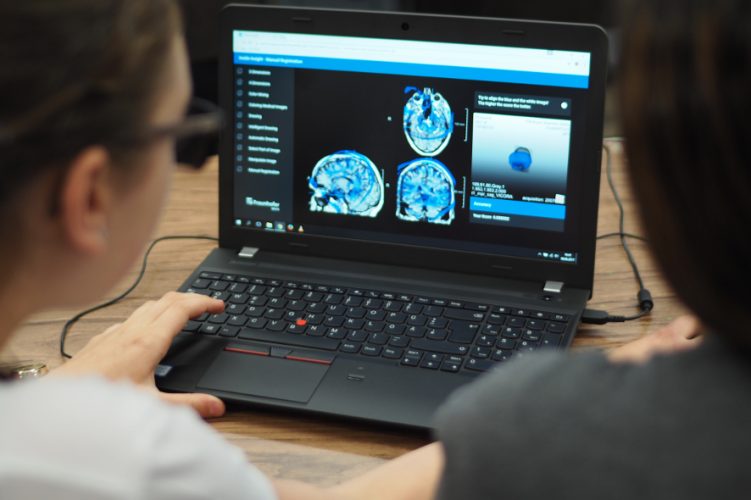
Medical technology and art make a wonderful match!
The Fraunhofer Institute for Medical Image Computing MEVIS based in Bremen, Germany and Taiwanese media & sound artist Yen Tzu Chang have organized a workshop for pupils in cooperation with the Ars Electronica Center. The workshop blends art and science—in concrete terms, technical procedures of medical imaging and sound art. We talked to Sabrina Haase…
-
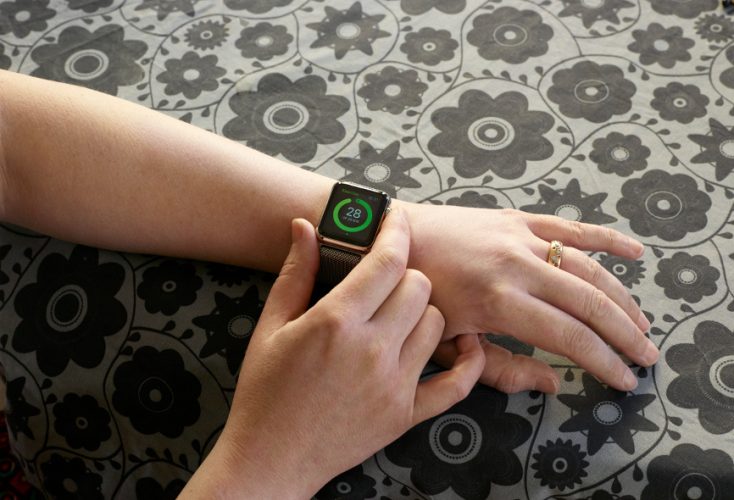
Bernad Batinic: “We’re opening up a completely new chapter!”
The Institute for Pedagogy and Psychology at Johannes Kepler University of Linz has just received funding for a research project on wearables. We talked to Prof. Bernad Batinic, director of JKU’s Department of Psychology of Work, Organizations and the Media, about wearable technology, the many ways it can be deployed, and the dream of big…
-
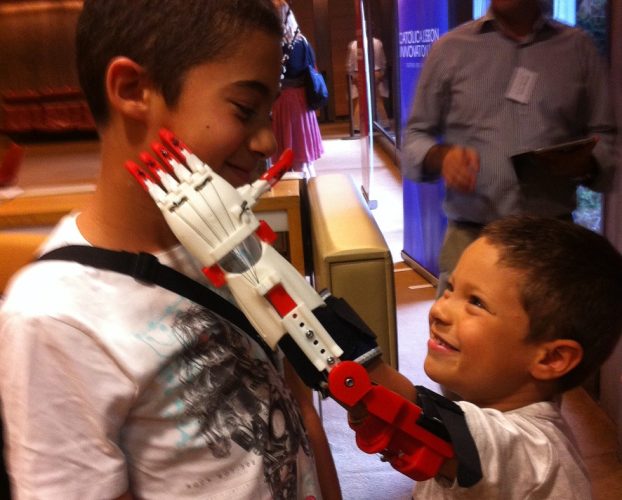
Touching Stories behind the Patient Innovation Platform
The Patient Innovation-platform has brought forward many revolutionary ideas for treating all kinds of diseases. They’ve been developed solely by affected people who as non-experts truly deserve exposure – also at the exhibition “Beyond the Lab: The D.I.Y. Science Revolution” at Ars Electronica Center.
-
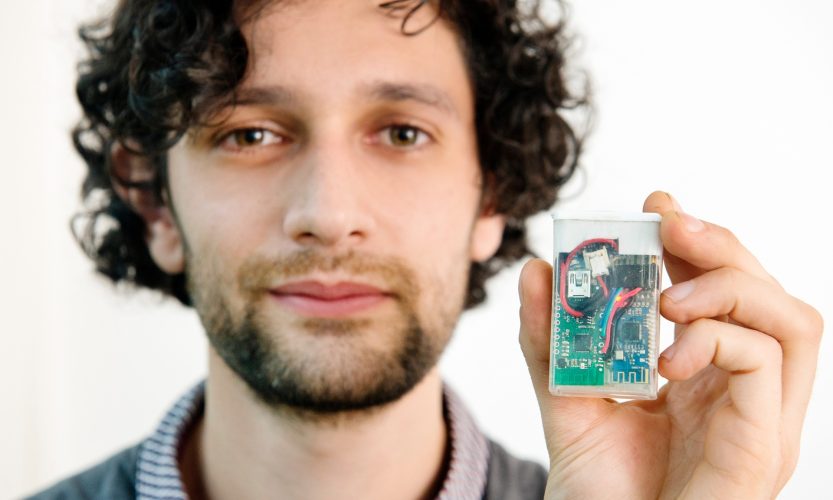
The “TIC TAC-tics” of Timothy Omer Hacking Diabetes
Timothy Omer is a part of the DIY revolution in the healthcare system and also of the SPARKS-initiated exposition “Beyond The Lab”, which is opening at the 29th of March at the Ars Electronica Center. His example of hacking Continuous Glucose Monitoring Systems demonstrates that patients get a grip on their condition.
-

Seeing Data – Understanding Cancer
They’re quoted in some of the most highly respected scientific journals worldwide but in their homeland, Austria, they’re hardly known. So, who are these brilliant young Upper Austrian scientists, and what exactly are they performing research on at Johannes Kepler University in Linz?
-
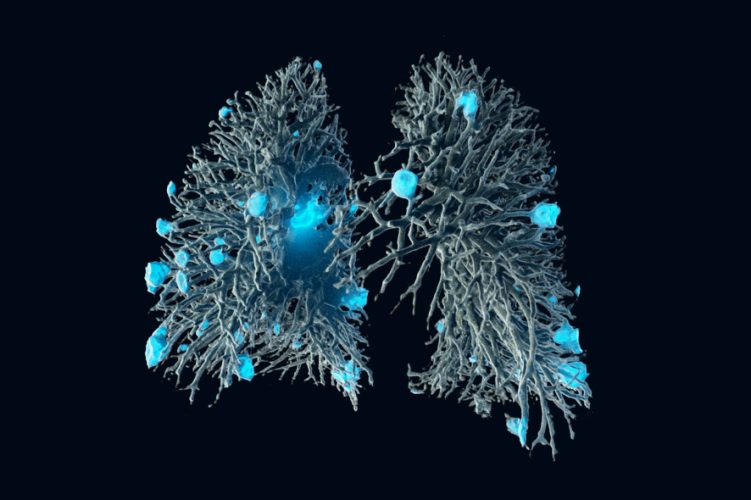
Pathfinding in the Human–Computer Medicine
During the last three decades we have witnessed the growing complexity of technology and a flood that is filling our hospitals today—functional imaging, full gene sequencing, automated laboratory medicine and much more. But the role and responsibility sharing in healthcare has remained almost unchanged despite almost complete digitization. In this Deep Space talk Professor Horst…
-
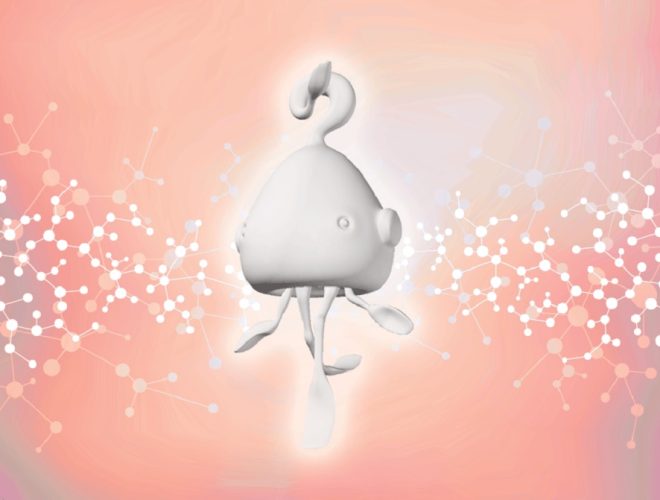
Lea and Jakob have robots in their blood
Nanoparticles have become an essential part in the food chain as they provide better fluid properties, color and preservation. Science classifies them at least as critical. In contrast, nanomachines, or so-called nanobots are applied in the cure of cancer. In the course of the third SPARKS-residency at the Ars Electronica Futurelab, Jakob and Lea Illera…
-
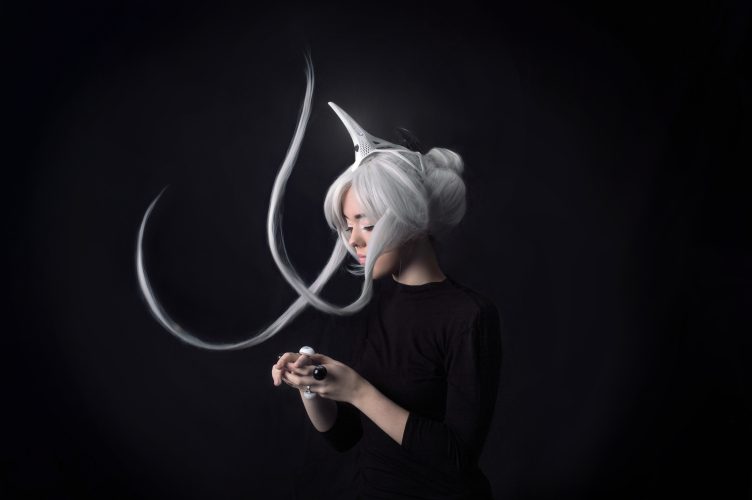
Agent Unicorn – The first SPARKS Residency Wearable by Anouk Wipprecht
The well-known Fashion-Tech Designer has worked the communication aspects of her apparel into an unicorn-shaped headset. During her stay at Futurelab she teamed up with a team of Neuroscientists and experts, creating an accessory that logs the wearer’s observations through EEG.